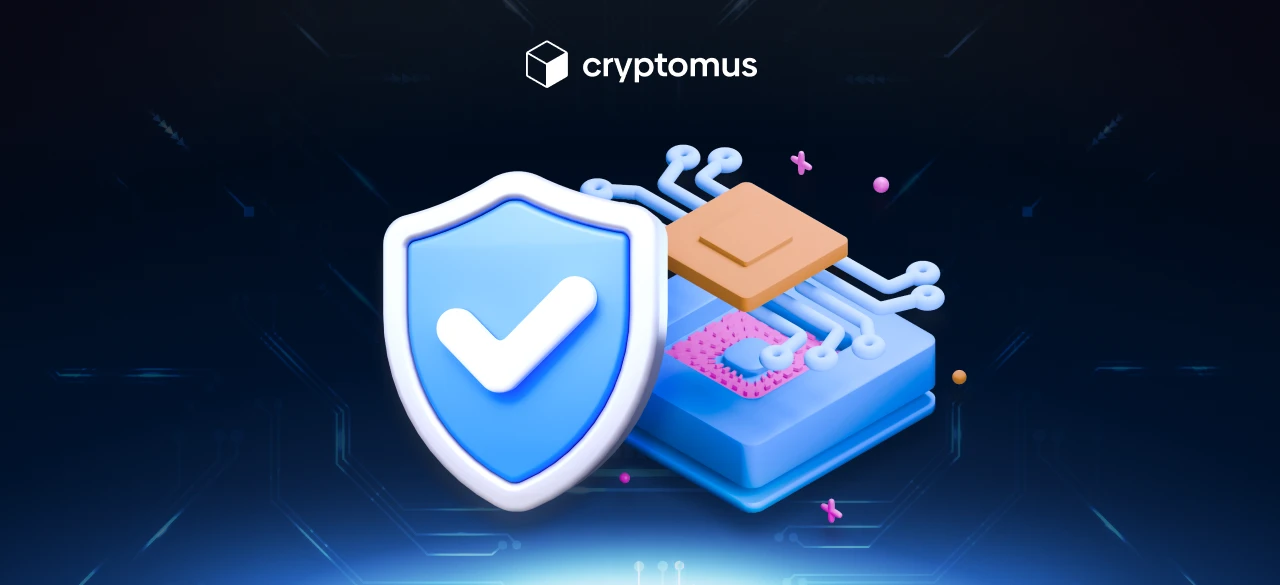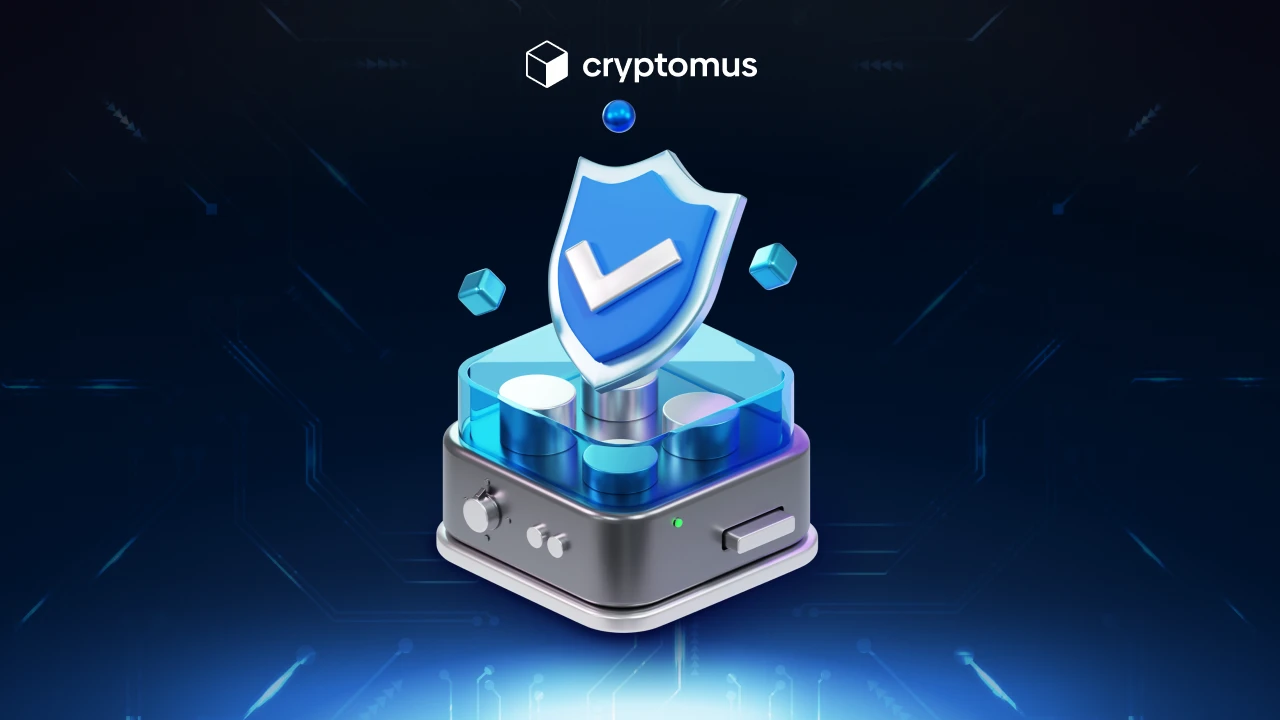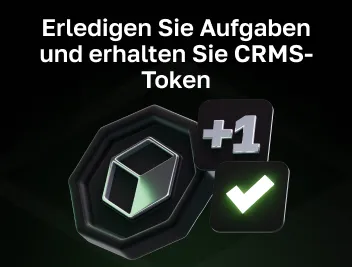
Quantencomputing-Bedrohungen für Kryptographie und Lösungen
Inhaltsverzeichnis
Quantencomputing ist eine bahnbrechende Technologie, die Berechnungen auf neue Weise angeht und sich die seltsame Welt der Quantenphysik erschließt. Anstelle der regulären Nullen und Einsen, die Standardcomputer verwenden, spielt es mit „Qubits“. Diese Qubits sind etwas ganz Besonderes, weil sie sich gleichzeitig in mehr als einem Zustand befinden können, und wenn sie miteinander verbunden sind, was als „Verschränkung“ bezeichnet wird, sind sie mächtig und durchbrechen eine Menge Optionen auf einmal. Das bedeutet, dass sie komplexe Probleme schneller lösen könnten als heutige Computer.
Nun könnte Quantencomputing Dingen wie Bitcoin und anderen Kryptowährungen einen Strich durch die Rechnung machen. Diese digitalen Gelder sind auf herausfordernde mathematische Rätsel angewiesen, um Transaktionen sicher zu halten und neue Währungen zu schaffen. Aber Quantencomputer sind so intelligent, dass sie diese Rätsel schnell lösen könnten, indem sie Abkürzungen wie Shors Algorithmus verwenden. In diesem Fall könnten die falschen Hände Transaktionen fälschen oder Münzen erbeuten.
In dem Artikel, in den wir uns heute vertiefen, werden wir über Quantencomputing und Kryptographie sprechen und sehen, wie Quantenkryptographie in der Netzwerksicherheit funktioniert und wie daraus Post-Quantenkryptographie-Unternehmen entstanden sind.
Eine Lösung für Quantenbedrohungen für die Kryptographie
Quantencomputing in der Cybersicherheit ist wie ein Superhirn, das die Sicherheit von Kryptowährungen, die wie digitale Schatztruhen sind, überlisten könnte. Um dieses digitale Gold zu schützen, greifen Experten zu cleveren Tricks:
-
Post-Quantum-Computing-Kryptographie: Es ist, als würde man eine neue Art von Schloss erfinden, das selbst Quantengehirne nicht knacken können. Das bedeutet, komplexe mathematische Probleme zu lösen, für deren Lösung selbst Quantencomputer zu schwierig sind.
-
Quantenschlüsselverteilung: Quantencomputer und Cybersicherheit haben einen Schlüssel geschaffen, der sich selbst zerstört. Stellen Sie sich vor, Sie verschicken geheime Nachrichten, die sich selbst zerstören, wenn jemand hinterhältig versucht, sie anzusehen. Bei QKD geht es darum, die eigenartigen Regeln der Quantenphysik zu nutzen, um Kryptoschlüssel sicher aufzubewahren.
-
Hybride kryptografische Systeme: Das ist, als hätte man ein herkömmliches Schloss und ein neues Quanten-Cyber-Sicherheitsschloss an der Tür. Selbst wenn jemand einen auswählt, kommt er trotzdem nicht hinein.
-
Kontinuierliche Netzwerk-Upgrades und Forks: Stellen Sie sich das so vor, als würden Sie Ihr Kryptowährungsnetzwerk regelmäßig erneuern, um Quanten-Cyber-Hackern immer einen Schritt voraus zu sein.
-
Erhöhte Schlüsselgrößen: Die Schlüssel zum Krypto-Königreich größer und komplexer zu machen, ist wie das Hinzufügen weiterer Wachen. Es verschafft Zeit, bis die Quantengehirne noch leistungsfähiger werden.
Standards für quantensichere Kryptographie
Der Kampf zwischen Kryptographie und Quantencomputing gleicht einem globalen Spionagespiel. Das National Institute of Standards and Technology (NIST) ist der große Akteur beim Aufbau der Verteidigungsmaßnahmen.
Seit 2016 sind sie mit ihrem Post Quantum Computing Cyber Security Standardization Project auf der Suche nach den besten neuen kryptografischen Maßnahmen, um dem Quantenansturm standzuhalten.
-
Hybride Ansätze: Stellen Sie sich vor, Sie hätten sowohl einen heimlichen Ninja als auch einen Schwergewichtsboxer, der die Tore verteidigt. Hybridsysteme kombinieren Quantencomputing und Quantenkryptographie, um die Sicherheit zu verdoppeln.
-
Übergangspläne: Der Übergang zu dieser neuen quantensicheren Welt ist kein Kinderspiel. Es ist, als würde man die Triebwerke eines Flugzeugs mitten im Flug wechseln. Alles braucht einen Plan, von der Auswahl der neuen kryptografischen Engines bis hin zur Sicherstellung, dass sie gut mit den alten harmonieren.
-
Globale Standards und Zusammenarbeit: Da Kryptowährungen eine weltweite Angelegenheit sind, muss jeder diesen neuen Regeln die Hand geben, um sicherzustellen, dass sie eingehalten werden. Es geht um grenzüberschreitende Teamarbeit, um einen Standard festzulegen, der die digitalen Münzen aller im Tresor aufbewahrt.

Strategien zur Abwehr von Quantencomputing-Bedrohungen in der Kryptographie
Der Schutz von Kryptowährungen vor der Quantenbedrohung ist eine komplexe Aufgabe, die modernste Technologie, innovative Strategien und Teamarbeit erfordert.
-
Testen und Auditieren: Neue Krypto-Schutzschilde gegen Quantenbedrohungen müssen auf Herz und Nieren geprüft, getestet und geprüft werden, um sicherzustellen, dass sie solide sind und gut mit den bereits vorhandenen Systemen funktionieren.
-
Entwicklung quantenresistenter Protokolle und Infrastrukturen: Es geht nicht nur um die Aufrüstung der Schlösser; Das gesamte Schloss muss quantensicher sein. Das bedeutet, alles zu überdenken und möglicherweise neu zu gestalten, von Wallets über Börsen bis hin zu intelligenten Verträgen, um Quanten-Hacking-Tools standzuhalten.
-
Strategische Planung für den Übergang: Der Wechsel zu quantensicheren Kryptografiesystemen geschieht nicht aus einer Laune heraus. Es braucht einen Masterplan, der alles berücksichtigt, von der Sicherstellung, dass das neue System weiterhin mit dem alten funktioniert (Abwärtskompatibilität), über die Einweisung der Benutzer in die neuen Grundlagen (Benutzerschulung) bis hin zur schrittweisen Einführung von Änderungen.
-
In die Forschung investieren: Es ist von entscheidender Bedeutung, Ressourcen in Forschung und Entwicklung zu stecken. Es geht darum, die Nase vorn zu haben, herauszufinden, woher die nächste Quantenbedrohung kommen könnte, und über die richtigen Tools zu verfügen, um sie effizient anzugehen.
Schutz der Kryptographie vor Bedrohungen durch Quantencomputer
In der digitalen Festung der Kryptowährungen lauert das Gespenst des Quantencomputings, aber es gibt einen Schlachtplan, um die Dinge unter Verschluss zu halten.
-
Bleiben Sie auf dem Laufenden: Behalten Sie die neuesten Entwicklungen im Bereich Quantencomputing im Auge. Wenn Sie die potenziellen Risiken des Quantencomputings verstehen, können Sie sich besser schützen.
-
Verwenden Sie quantenresistente Kryptowährungen: Entscheiden Sie sich für Kryptowährungen, die eine quantensichere Rüstung erhalten. Diese Plattformen optimieren ihre Systeme, um Quanten-Hacking standzuhalten.
-
Kryptowährungsbestände diversifizieren: Verteilen Sie Ihre Investitionen auf verschiedene Kryptowährungen. Es ist, als hätte man verschiedene Safes; Sie werden nicht alles verlieren, wenn eines kaputt geht.
-
Sicherheitspraktiken aktualisieren: Halten Sie sich an solide Sicherheitsgewohnheiten. Verwenden Sie einzigartige Passwörter, aktivieren Sie die Zwei-Faktor-Authentifizierung und aktualisieren Sie Ihre Krypto-Ausrüstung, um Hacker abzuwehren.
-
Sensible Daten sichern und verschlüsseln: Entdecken Sie Post-Quanten-Kryptographiealgorithmen und ihre Anwendungen in Kryptowährungen und ermöglichen Sie so eine fundierte Entscheidungsfindung über vertrauenswürdige Dienste und Technologien.
Minderung der Risiken, die Quantencomputing in der Kryptographie mit sich bringt
Um die Sicherheitsrisiken des Quantencomputings zu bewältigen, die sich auf die Sicherheit digitaler Währungen auswirken könnten, können wir vorbeugende und reagierende Maßnahmen ergreifen, um unsere Online-Sicherheitssysteme für diese fortschrittlichen Computer anspruchsvoller zu machen. Folgendes wird getan:
-
Community-Zusammenarbeit und Konsens: Digitale Währungen funktionieren, weil sich alle über die Regeln einig sind, also müssen sich alle über neue Sicherheitsmethoden wie resistente Kryptographie und Quantencomputing einigen. Daher ist viel Diskussion und Teamarbeit nötig, um über Aktualisierungen zu entscheiden.
-
Beteiligung an Standardisierungsbemühungen: Es ist wichtig, Teil der weltweiten Bemühungen zur Vorbereitung auf Quantenherausforderungen zu sein. Dazu gehört die Zusammenarbeit mit großen Organisationen wie NIST, um neue Sicherheitsstandards für das Post-Quantum-Zeitalter festzulegen.
-
Erweiterte Bedrohungsmodellierung: Experten versuchen genau herauszufinden, wie Quantencomputer unsere derzeitige Sicherheit beeinträchtigen könnten, und nutzen dieses Wissen, um robustere Systeme zu entwickeln, die diesen Herausforderungen gewachsen sind.
Vielen Dank, dass Sie diesen Artikel über Kryptographie im Quantencomputing gelesen haben. Ich hoffe du magst es. Zögern Sie nicht, uns unten einen Kommentar zu hinterlassen und Ihre Gedanken mit uns zu teilen.
Simplify Your Crypto Journey
Möchten Sie Kryptowährungen speichern, senden, akzeptieren, einsetzen oder handeln? Mit Cryptomus ist alles möglich – melden Sie sich an und verwalten Sie Ihre Kryptowährungsgelder mit unseren praktischen Tools.
Erste Schritte









